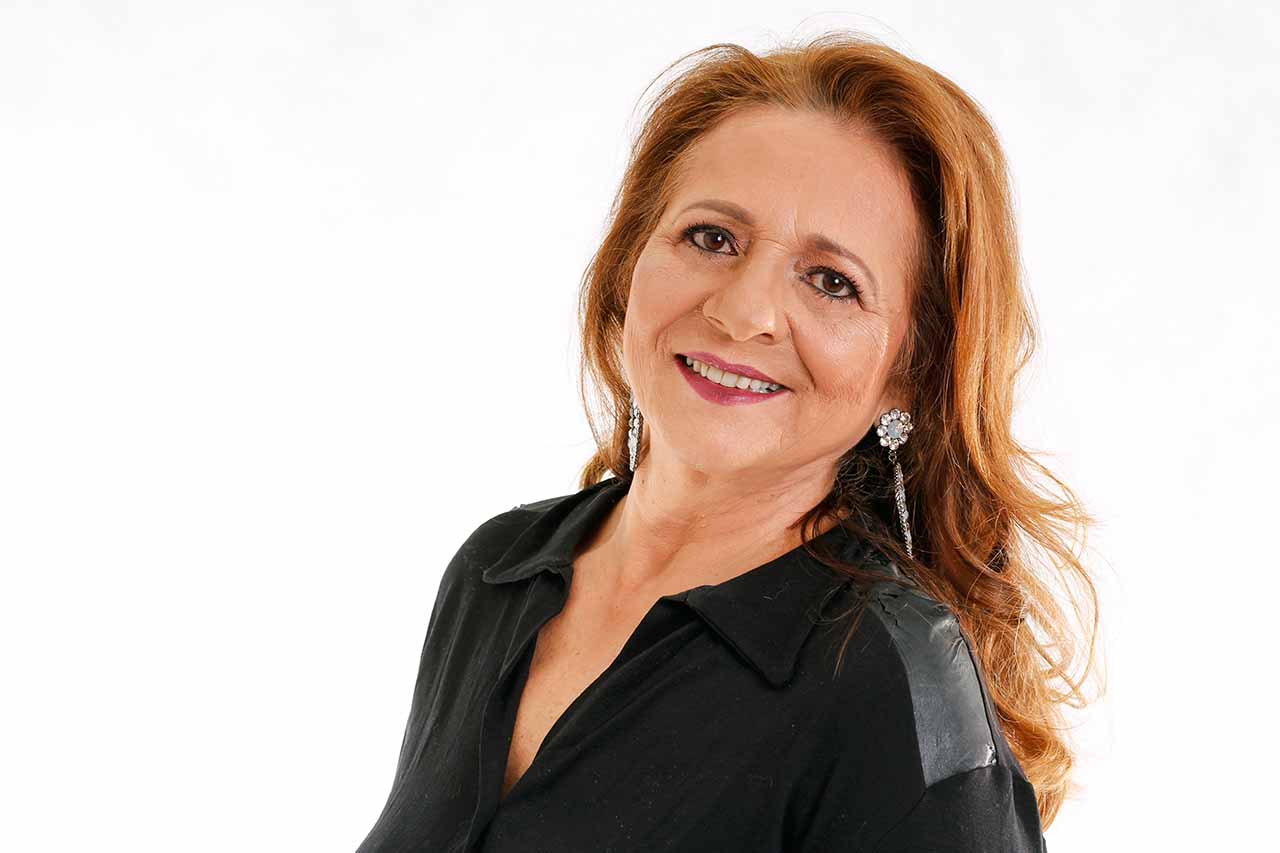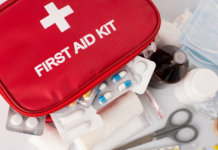Lets go into the details what, when and how this condition occurs. That being said, the term “menopause” is used to describe the changes a woman’s body goes through before or after she completely stops menstruating, therefore marking the end of her reproductive period.
- What causes menopause?
A woman is born with a limited number of eggs in her ovaries, this is important because the role of the ovaries is to synthesize the hormones estrogen and progesterone which are in control of menstruation as well as ovulation. Therefore menopause is when the ovaries stop releasing eggs every month and menstruation stops, although no earlier than the age of 40 as of reasons that will be later explained.
- How do I know I’m going through menopause?
The most certain way you will know you are entering the menopausal phase is keeping track of your menstruations (due to the fact that as you are nearing the menopausal phase, your menstruations will become irregular in frequency) couple of symptoms which after your doctor could direct you to do a blood test for 100% certainty.
Menopausal symptoms include:
- Irregular periods
- Fatigue
- Hot flashes and sweating
- Insomnia
- Mood swings
- Sex drive changes
- Irritability
- Vaginal dryness
- Bladder control problems
Should you have not all, but few of these symptoms, the best call is to go to a doctor who will have you do a blood test before any further measures.
- The 2 types of menopause
The reason why I called menopause a “condition” earlier in this post is the reason that there are 2 types or should I say 2 different causes of a menopause, one being physiological (Natural) and the other being pathological (Genetics, medical procedures and certain autoimmune disorders).
Natural menopause is the result of normal aging process and goes through a gradual, three stage process:
- Perimenopause- This stage begins several years before menopause, with first sign being the ovaries gradually producing less and less estrogen. This stage lasts till the beginning of menopause and most women first get their menopausal symptoms near the end of this very phase.
- Menopause- This is considered the stage where a woman has not had a period for the past year, the ovaries have stopped releasing eggs as well as estrogen.
- Postmenopause- This is the stage where most menopausal symptoms lose severity, however it is also the stage where certain health risks start to occur as a consequence to estrogen loss. Some of the health risks that occur are:
- Osteoporosis
- Hearth disease
- Poorly working bladder
- Greater risk of Alzheimer’s disease
- Poor skin elasticity (increased wrinkling)
- Poor muscle power and tone
- Weakening of eye sight
- Premature menopause
Condition which is the result of genetics, autoimmune disorders or medical procedures. Generally any menopause that occurs before the age of 40 is considered premature. Most common examples of premature menopause are:
- Premature ovarian failure- When the ovaries for unknown reason stop producing progesterone and estrogen which results in halting the egg releasing process(even though there are still fertile eggs in the ovaries). Luckily this process is not always permanent and can be reversed with medical help.
- Induced menopause- This term refers to surgical removal of the ovaries due to uterine cancer and endometriosis. This condition can be also caused by radiation or chemotherapy.




